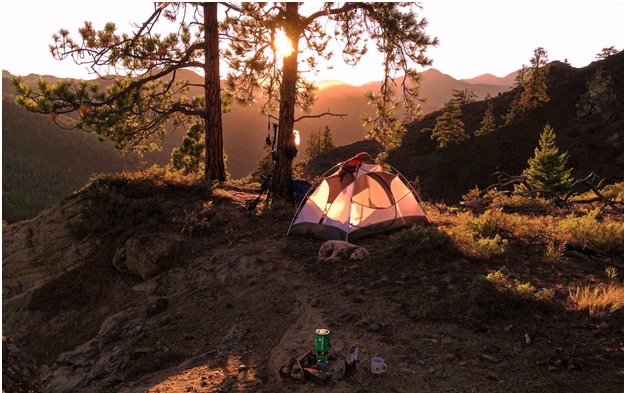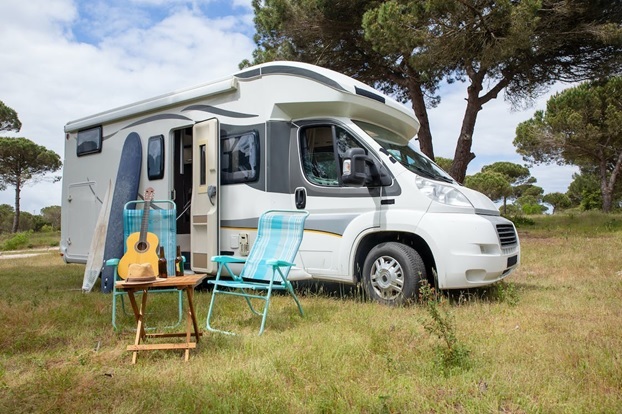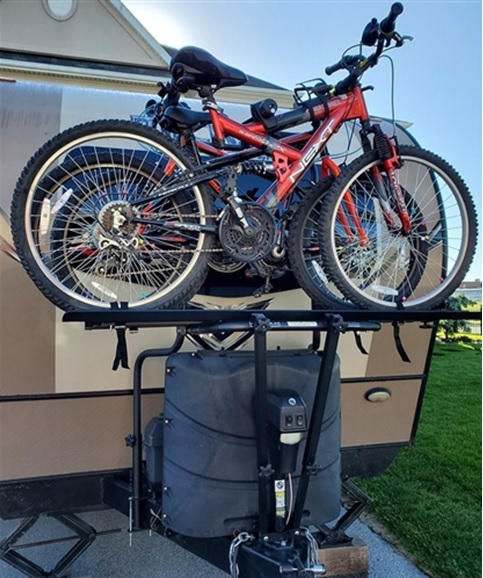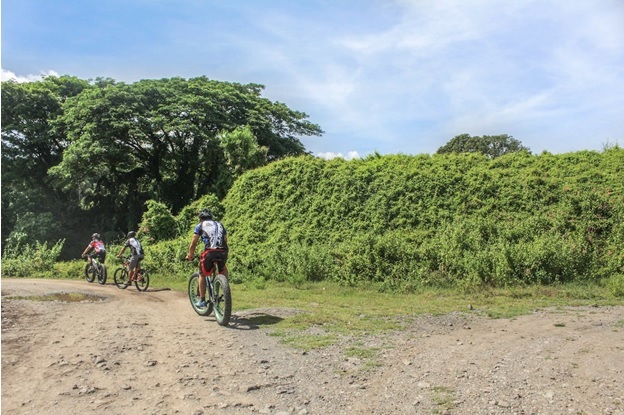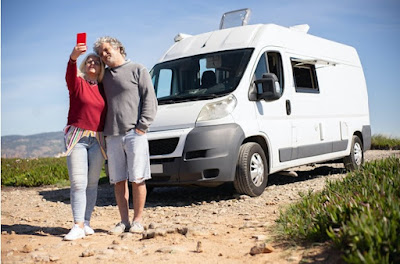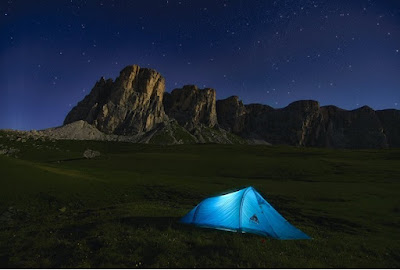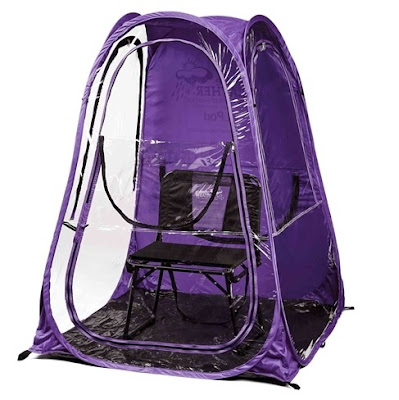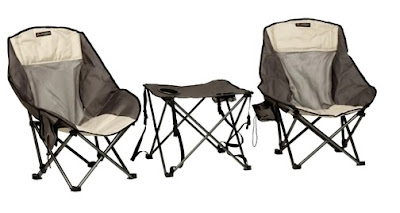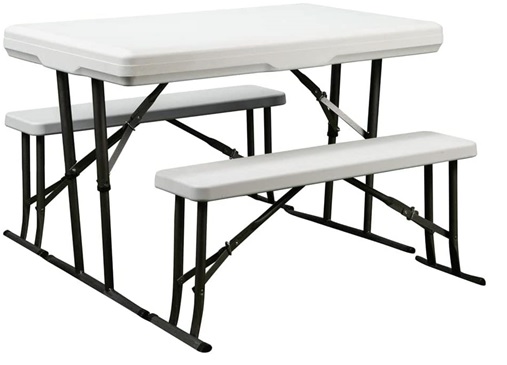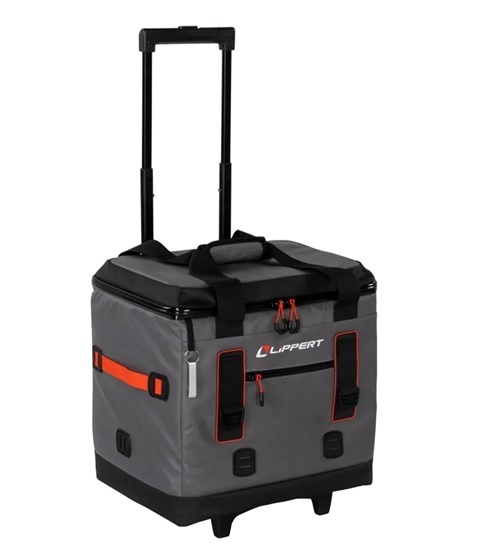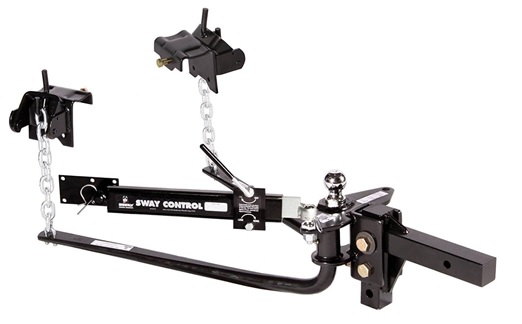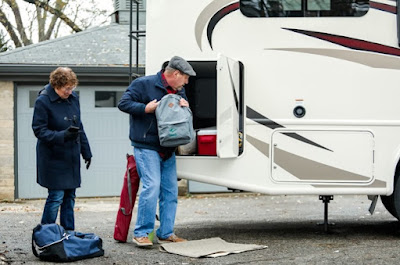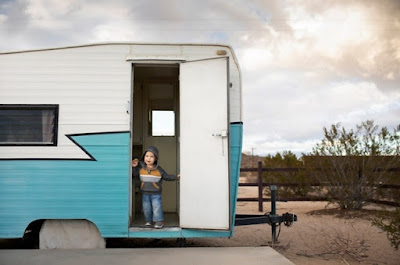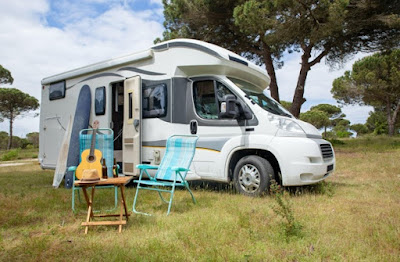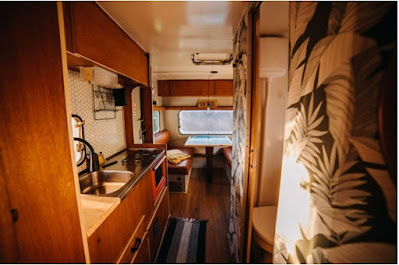If you're an avid adventurer, someone who loves exploring the great outdoors and embarking on memorable camping trips, then you understand the importance of being well-prepared.
Camping is not just a hobby; it's a lifestyle, a way to connect with nature and create unforgettable experiences. To ensure your camping journey is smooth, enjoyable, and hassle-free, we have compiled a comprehensive list of 10 must-have camper supplies that will undoubtedly elevate your outdoor escapades, and that you will want to bring along with you in your RV.
1. Reliable Tent or Shelter
The foundation of any successful camping trip starts with a reliable and sturdy tent or shelter. It's essential to choose a tent that suits your needs, whether you're camping solo, with a partner, or a group of friends.
Look for features such as weather resistance, easy setup, and adequate space for a comfortable stay. Invest in a quality tent that can withstand various weather conditions, providing you with peace of mind during your camping adventures.
2. Comfortable Sleeping Gear
A good night's sleep is vital for a memorable camping experience. Ensure you have comfortable sleeping gear, such as a cozy sleeping bag and a high-quality sleeping pad or inflatable mattress.
The right sleeping gear can make all the difference in the world, providing you with the restful sleep needed to recharge for exciting days ahead.
3. Camp Kitchen Essentials
A well-equipped camp kitchen is essential for preparing delicious meals while camping. Pack camp kitchen essentials like a portable stove, camping cookware, utensils, and a reliable cooler to keep your food fresh. Don't forget to bring biodegradable soap and a wash basin for easy cleaning after meals. Let’s take a closer look at each of these items:
Camp Stove or Portable Grill: A reliable camp stove or portable grill is essential for cooking meals. Look for lightweight, compact options that are easy to transport.
Fuel: Make sure you have enough fuel for your camp stove, whether it's propane, butane, or another type of fuel canister suitable for your stove.
Cookware Set: Invest in a durable and stackable cookware set that includes pots, pans, and a kettle. Non-stick options are preferable for easy cleaning.
Utensils: Carry a set of cooking utensils such as spatula, tongs, stirring spoon, and a multi-tool or Swiss army knife for cutting and other tasks.
Plates, Bowls, and Cutlery: Lightweight and unbreakable plates, bowls, and reusable cutlery are essential for eating your meals.
Cups and Mugs: Insulated cups and mugs are great for enjoying hot beverages without burning your hands.
Cooler or Ice Chest: Keep your perishable food fresh with a cooler or ice chest. Make sure to pack it with ice or ice packs.
Biodegradable Soap and Sponge: Bring eco-friendly soap and a sponge or scrubber for washing dishes.
Water Container: A large water container for cooking, cleaning, and drinking is essential, especially if you don't have access to a nearby water source.
Fire Starters and Matches: Carry fire starters or waterproof matches to help you start your camp stove or build a campfire.
Cutting Board: A small, lightweight cutting board can be helpful for food preparation.
Trash Bags: Always practice Leave No Trace principles and pack up all your trash. Bring extra trash bags for proper disposal.
Dish Towels or Paper Towels: Have some dish towels or paper towels on hand for drying dishes and cleaning up spills.
Food Storage Containers: Bring containers to store leftovers or prepped ingredients securely.
Portable Washing Station (Optional): If you want a more convenient setup, consider a portable washing station for washing dishes and hands.
Camp Table (Optional): A portable camp table provides a clean and stable surface for cooking and eating.
Camping Coffee Maker (Optional): If you're a coffee lover, consider bringing a camping-specific coffee maker or a portable coffee press.
Spices and Condiments: Pack some basic spices and condiments in small containers to add flavor to your meals.
4. Lighting Solutions
When the sun sets, reliable lighting becomes crucial for navigation, safety, and creating a cozy ambiance around the campsite. Pack reliable lighting solutions such as LED lanterns, headlamps, and flashlights. These will not only help you find your way around but also add to the overall camping experience.
5. First Aid Kit
Safety should always be a top priority when camping in the great outdoors. A well-stocked first aid kit can be a lifesaver in case of any minor injuries or accidents. Make sure it includes bandages, antiseptic wipes, pain relievers, tweezers, and any personal medications you might need.
6. Navigation Tools
7. Portable Power Source
In today's digital age, it's essential to have a reliable source of power to keep your devices charged. Invest in a portable power source, such as a solar charger or power bank, to ensure your smartphone, camera, and other electronic devices stay juiced up throughout your camping trip.
8. Multi-Tool or Swiss Army Knife
A versatile and compact multi-tool or Swiss Army Knife is an invaluable asset while camping. These handy tools can be used for various tasks, such as cutting ropes, opening cans, or repairing gear. Make sure to include one in your camper supplies arsenal.
9. Appropriate Clothing and Footwear
Proper clothing and footwear are crucial for your comfort and protection while camping. Check the weather forecast and pack appropriate clothing and footwear for the expected conditions. Layering is key, as temperatures can fluctuate throughout the day and night.
10. Entertainment and Relaxation
While connecting with nature is the primary goal of camping, bringing along some forms of entertainment and relaxation can enhance the experience. Pack books, board games, a musical instrument, or a hammock to enjoy some leisure time at the campsite.
By equipping yourself with these camper supplies, you'll be well-prepared to embark on a memorable adventure in the great outdoors. Get started with our selection of camping equipment and supplies available here at RV Upgrades. We have everything you need to start traveling without worry and make yourself at home no matter where you drive to next.



